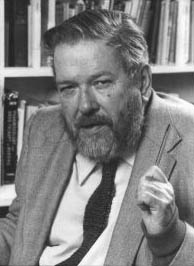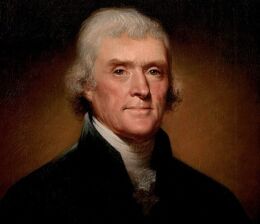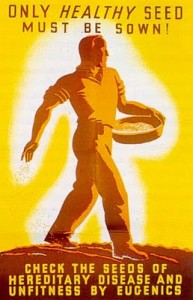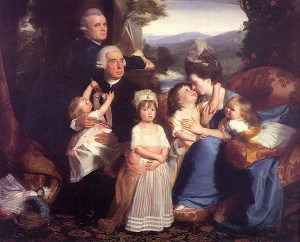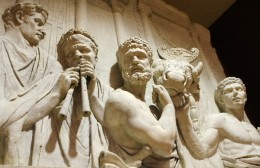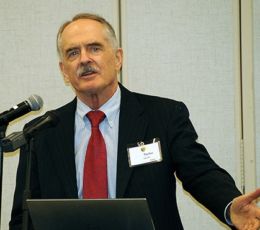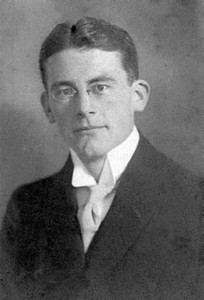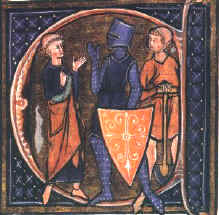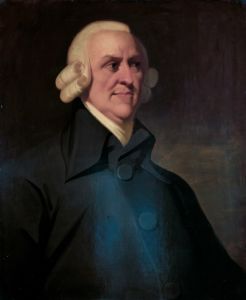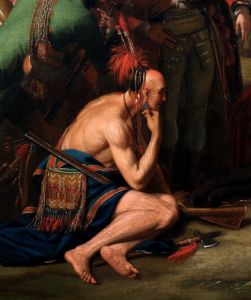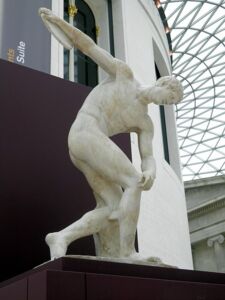
Discobolus, a Roman copy of the Greek original from the fifth century BC. Image courtesy of Wikipedia Commons.
2,899 words
From a liberal perspective, there exists a logical (and also emotional) resistance to the use of concepts, terminologies, and ideas that are foreign to modernity, since for liberalism, being born detached from the latter, such foreign concepts, terminologies, and ideas would a priori be anti-modern and therefore anti-liberal.
A significant problem that has arisen for liberalism, as well as for the more conservative Right detached from modernity, is that the Left(s) have shifted the political battleground, relocating to new terrains and implementing new rules of engagement, where individuals and social groups are addressed and bombarded on different planes than were imaginable a few decades ago. (more…)

